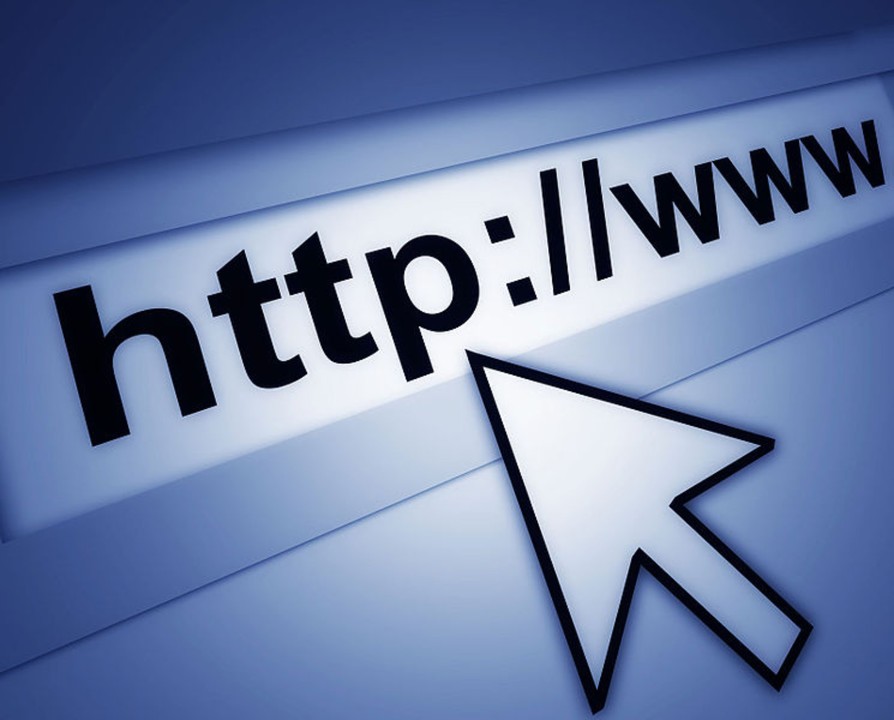
Repeal of Net Neutrality - Here we go again!
As Yankee great, Yogi Berra, once said, “it’s like deja vu all over again.” On December 14, the FCC Commissioners will meet and vote along party lines (3-2) to repeal the FCC’s current “net neutrality” rules. The apparently never ending political saga of how or whether to regulate the Internet will now enter its next phase, with FCC Chairman Pai living up to his promise to take a “weed wacker” to net neutrality.
Chairman Pai’s new Restoring Internet Freedom Order would fully repeal the Open Internet Order, the Obama-era effort by the FCC to impose net neutrality requirements on Internet service providers, which was first proposed in 2010. Moreover, the FCC’s latest Order also would rescind the classification of broadband as a utility under Title II of the Communications Act, the legal footing for the Open Internet Order which was upheld by a D.C. Court of Appeals decision last year. The new Order would effectively “wipe the slate clean” on the FCC’s net neutrality requirements.
While the nuances of how “net neutrality” impacts their internet experience may be lost on the common consumer, the change in regulatory approach could have a significant impact on the strategies of both the big cable and telecom providers (who like the new approach) and the technology firms and edge providers (who largely do not). Whether the change will impact consumers positively or negatively depends on who you are listening to.
We will provide a more in depth analysis of the Order in the coming days; however, there are three key elements in the Order to note:
- Broadband internet will not be regulated as a utility. The legal basis for the Open Internet Order required the reclassification of broadband internet as a telecommunication service subject utility-style regulation under Title II of the Communications Act. The FCC has now re-reclassified broadband internet as a Title I information service. This reclassification also firmly places authority to regulate ISP privacy practices back in the hands of the Federal Trade Commission.
- Paid Prioritization, Blocking, Throttling are no longer prohibited. The FCC believes that the transparency requirements of the new Order combined with competition, antitrust and consumer protection laws will serve the same purpose as the Title II conduct rules. Responsibility for policing deceptive or anticompetitive activities of ISPs will now be returned to the Department of Justice and the Federal Trade Commission. While the FCC under Chairman Pai have not been enforcing the Title II prohibitions, the new Order makes it clear that these arrangements are permissible as long as they are disclosed.
- State or local laws that are inconsistent with the deregulatory aspects of the Order are preempted. The Order finds that Internet access is a jurisdictionally interstate service and inconsistent state or local laws would interfere with their federal regulatory scheme and are therefore preempted. After the FCC privacy rule was repealed earlier this year, many states attempted to implement similar privacy requirements on ISPs. While none of those efforts passed, the FCC was likely concerned that states would attempt similar efforts with regards to net neutrality and wanted to nip any such efforts before they started.
The ‘deja vu’ moment
If it feels like we have been down this path before, we have. We are just heading the opposite direction. Will this time be different? Will this latest Order from the FCC become the law of the land with regard to how the Internet will be regulated? Considering how politically charged the issue of net neutrality has become, you get the sense that the next time we have a change of party in the White House we will have a new (yet not so new) approach to regulating the Internet.
Some seem to believe that Congress could now step in and provide a legislative fix to the net neutrality question. House Republicans have raised the possibility of a legislative solution in the past. Will Democrats be willing to come to the table now faced with the new Order from the FCC? While possible, the politically charged nature of the issue makes it seem unlikely for any Congressional action in the near future.
So where does that leave us? Internet service providers now will feel even more confident in implementing new revenue strategies, which may include elements of paid prioritization or throttling. The Order most certainly will be challenged in Court, but that will take time. Regardless of the Court’s decision, there is little chance of it having much of an effect on rolling back the revenue models that are sure to emerge in the coming months. Frankly, it seems unlikely that we will have any change in the FCC’s policies or enforcement approach until we have another change of administration. In short, the Restoring Internet Freedom Order will be the law of the land for the foreseeable future.